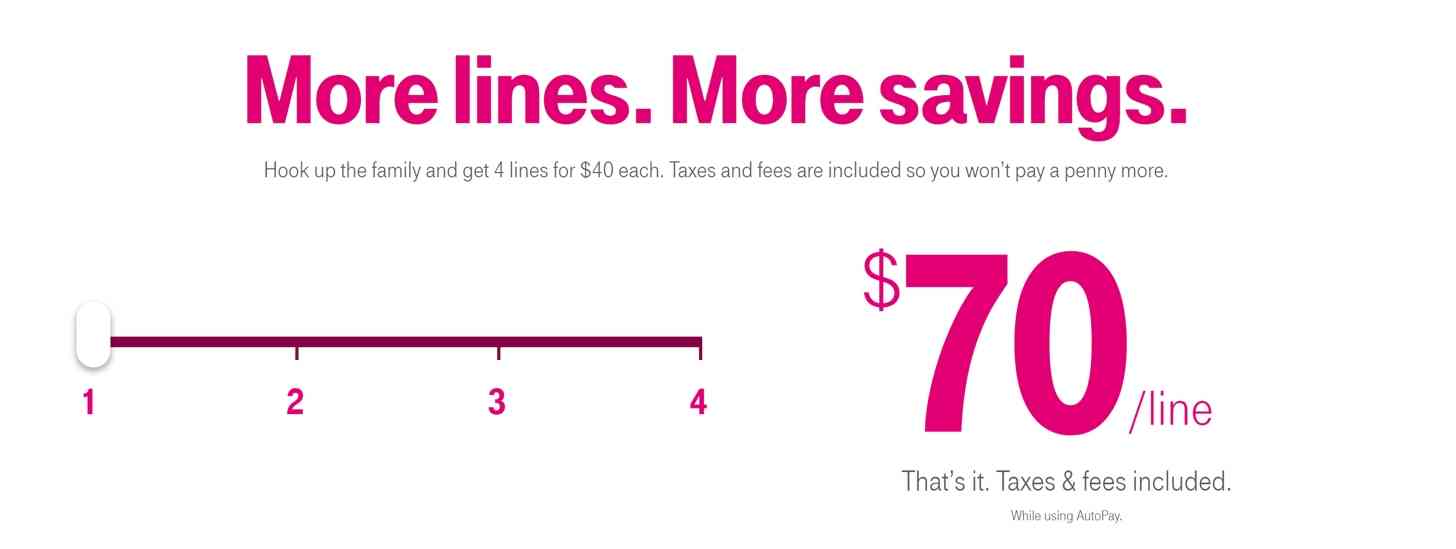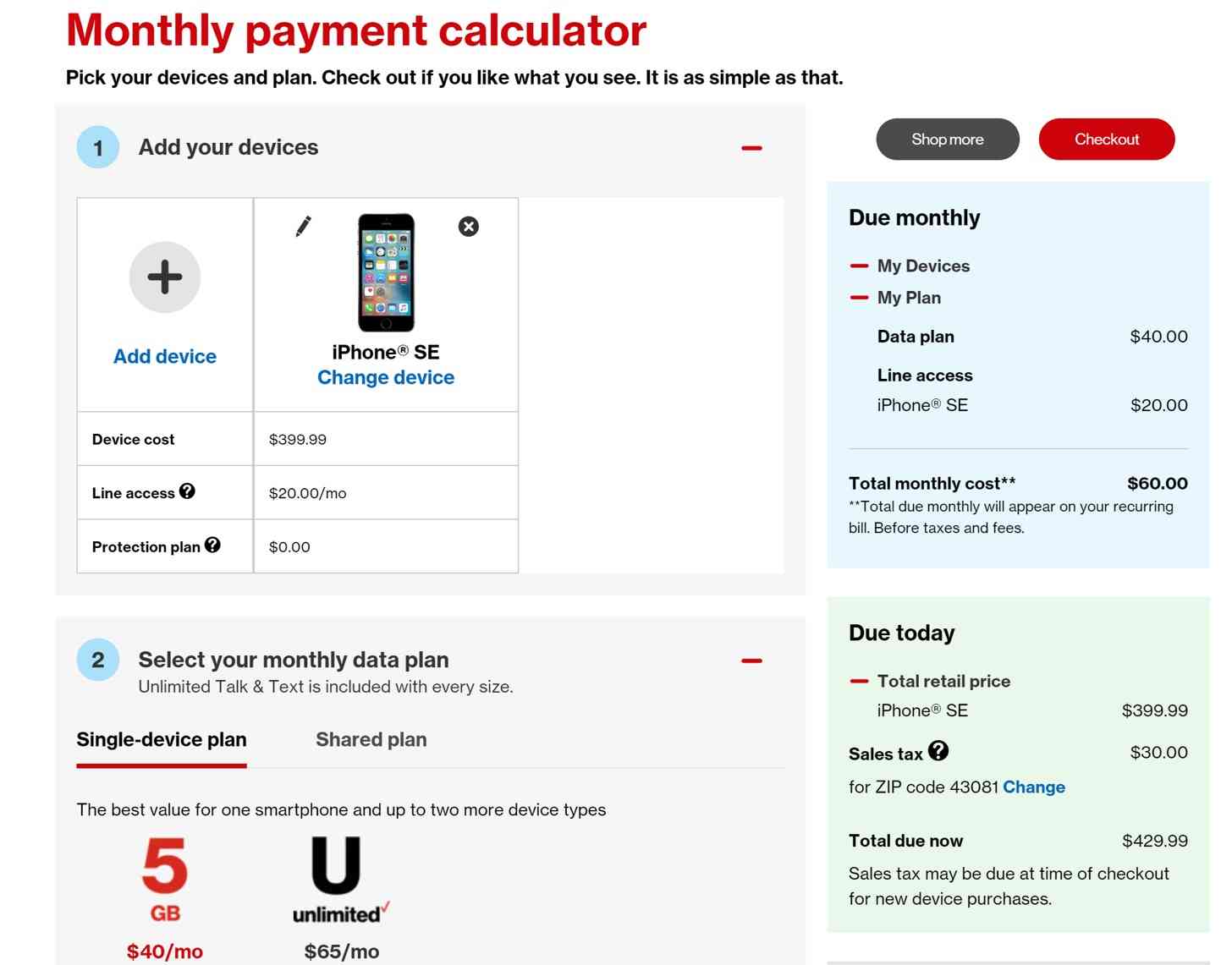
It’s always a good idea to be mindful of better rates for just about any service you use. Internet, car insurance, interest rates, and even phone service are all things that I tend to check up on every so often just to make sure that I feel that I’m getting the most out of my money. Most of the time it’s a fruitless endeavor, but sometimes I find out that I’m paying way too much for the service that I’m getting. This happens to be the case with my current phone carrier.
It’s a pretty incredible thing to know I can jump carriers now without having to worry about being charged an early termination fee. As long as my phone is paid off, I’m free to go wherever I please. Even if my phone isn’t paid off, most (postpaid) carriers are willing to buy you out of it, so long as you’re willing to buy into one of their phones. Not a bad deal if you’re looking to switch anyway.
All of this is thanks in no small part to the Un-carrier efforts of T-Mobile. Eliminating (and paying for) ETF fees, moving customers from subsidized to installment plans for their phones, and going all-inclusive with taxes and fees are some of the better moves that the magenta carrier has introduced to shake up the smartphone industry. But as much as I appreciate those efforts (among others) I have come to realize that there’s one Un-carrier initiative I’m not fond of: the T-Mobile ONE plan.
The concept isn't bad. John Legere, in a vulgar rant that’s only typical for him at this point, resonated with me when he brought up the numerous taxes, surcharges, and fees that have long been a tradition of mobile billing. It was a common issue during my experience in telecom retail and on my own bills, so whittling the plans down to a firm price was a good move. However, making unlimited calling, texting, and data the only option available to users? Not such a great move from my perspective.
It sounds backwards, right? Not too long ago I was mocking a Verizon Wireless executive’s stance that people don’t “need” unlimited; yet, here’s T-Mobile giving you nothing but unlimited, and I’m still not happy.
For me, the problem is limiting options. My criticism of Verizon came from the understanding that some people do need unlimited data on their smartphones. For some people, their smartphone data is their only source if Internet connectivity, and as a semi-recognized basic human right, it seems a little audacious to claim that nobody needs unlimited.
But at the same time, saying everybody needs unlimited seems equally as bold. As somebody who is connected to Wi-Fi more often than not, I find that having an unlimited data plan is overzealous for somebody like me. On a particularly busy month, I may get close to 3GB of data. Normally, I use less than two. Paying $70* a month for a plan that doesn’t work that well for me isn’t appealing at all. Not that other carriers are necessarily much better. For example, Verizon seems like they have better options, but end up charging a $20 or $40 “access fee” per phone on top of everything else – their $40 for unlimited talk, text, and 5GB of data ends up being $60 per month (before taxes and fees) even if you purchase the phone outright. So, while the price and the only option available from T-Mobile may not be ideal for every individual, I will hand it to T-Mobile for giving it to users (mostly) straight.
* Edit: I have since been informed/reminded of KickBack, which qualifies T-Mobile ONE users who opt-in for up to $10 in credits each month when they use less than 2GB of data.

Ultimately, my point is that “your only choice is unlimited” is equally as constricting as “nobody needs unlimited”. And to be fair, Verizon now offers unlimited again, and the T-Mobile ONE plan does seem like a good deal no matter how you look at it for two or more lines as they are currently $50 or less per line; as an individual, however, charging $20 more for the same service seems a little high, and again, doesn't seem like the best option for somebody like me.
The good news is that T-Mobile and Verizon – and even Sprint and AT&T, which together make up “the big four” postpaid carriers – aren’t the only options out there, and I’m pretty sure my next carrier is going to be of the prepaid variety. Now those are straightforward and easy to understand.